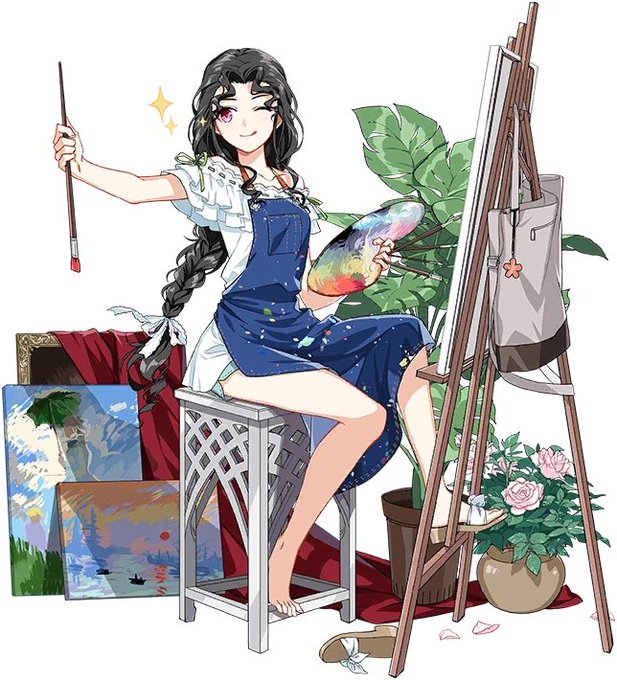Robert Peary - Robert Edwin Peary Sr. was an American explorer and officer in the US Navy who made several expeditions to the Arctic in the late 19th/early 20th centuries. He is best known for leading an expedition that claimed to be the first to have reached the North Pole
Rasputin - you know who he is. Grigori Yefimovich Rasputin
was a Russian mystic and self-proclaimed holy man. He was a divisive figure at court, seen by some Russians as a mystic, visionary, and prophet, and by others as a religious charlatan.
Mendeleev - Dmitri Ivanovich Mendeleev was a Russian chemist and inventor. He is best known for formulating the Periodic Law and creating a version of the periodic table of elements.
Monet - Oscar-Claude Monet was a French painter and founder of impressionist painting who is seen as a key precursor to modernism, especially in his attempts to paint nature as he perceived it
Nobel - Alfred Bernhard Nobel was a Swedish chemist, engineer, inventor, businessman, and philanthropist. He is best known for having established the Nobel Prize, though he also made several important contributions to science. He created dynamite.
Linnaeus - Carl Linnaeus was a Swedish botanist, zoologist, taxonomist, and physician who formalised the modern system of naming organisms. He is known as the "father of modern taxonomy"
Kepler - Johannes Kepler was a German astronomer, mathematician, astrologer, natural philosopher and writer on music. He is a key figure in the 17th-century Scientific Revolution, best known for his laws of planetary motion, and his books Astronomia nova, Harmonice Mundi, ecc.
Edwin Hubble - Edwin Powell Hubble was an American astronomer. He played a crucial role in establishing the fields of extragalactic astronomy and observational cosmology.
Avogadro - Lorenzo Romano Amedeo Carlo Avogadro, Count of Quaregna and Cerreto, was an Italian scientist, most noted for his contribution to molecular theory now known as Avogadro's law.
Wang Zhenyi - Wang Zhenyi was a scientist from the Qing dynasty. She breached the feudal customs of the time, which hindered women's rights, by working to educate herself in subjects such as astronomy, mathematics, geography, and medicine.









































